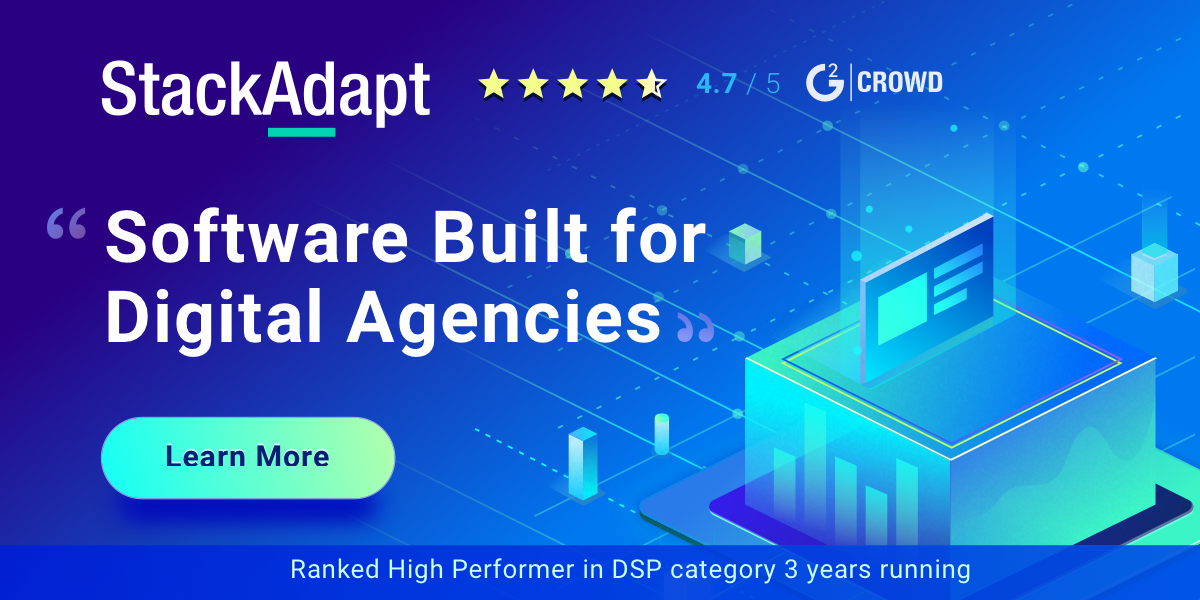AdExchanger Talks is a podcast focused on data-driven marketing. Subscribe here. This episode of AdExchanger Talks is supported by StackAdapt.
For this, our 100th episode of “AdExchanger Talks,” we bring you a wide-ranging conversation with Facebook’s top ad engineer, Mark Rabkin.
This is Facebook’s first time on the podcast, so there was plenty of ground to cover. Rabkin, VP of ads and business platform, talks about the company’s “pivot to meaning” for consumers and brands, the rise of Stories, Facebook’s super-dense ad auction and how the company aims to earn back user trust after a string of data security failures.
“We’re approaching [privacy] as a really critical product problem and we’re trying to solve it the same way we build great products,” says Rabkin. “User trust is one of the most important things we have for using the service, for engaging with us, for recommending it to their friends and family. I think we will get through this.”
It’s hard to be perfect when you’re a global target for hackers and propagandists, says Rabkin.
“It’s one thing if you’re an engineer and you’re building a machine that’s designed to keep working. It’s another thing to defend it from sabotage. The engineering challenge is much harder when there are determined attackers who are trying to harm it in any way possible,” he says. “But our investment is improving. We’re making progress on all the bad content that people may post on the platform.”
Also in this episode, Rabkin describes the explosion of Stories. The format is used by 300 million daily users on Facebook and Messenger, where it is less than a year old, and around 400 million daily users on Instagram and WhatsApp, where it is about two years old. The ramifications of this hypergrowth are still unclear.
“The total amount of people in that experience is crazy. I don’t think we’ve ever seen, in a year, that many people shift into a totally new experience,” he says. “Everything I see does not indicate that Stories is the last one. Given how quickly it took off, it’s very likely there is another change, another experience, another format that comes.”
The message for advertisers: “Quick learning and building a culture that within a year can use any new format is probably going to be the No. 1 key to success, whereas before, the best strategy was going deep on a thing and becoming efficient.”














